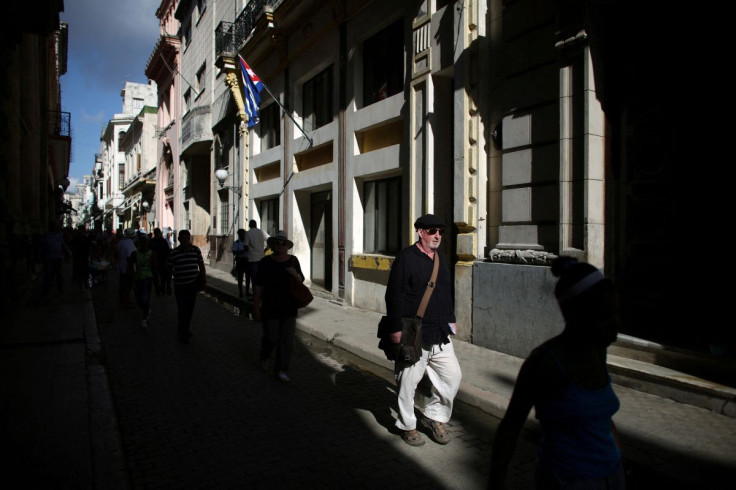Cuba Says No Short-term Fix For Blackouts

Cash-strapped Cuba delivered the bad news to residents Monday evening that there was no end in sight to blackouts disrupting their lives and the economy.
Power outages were a major cause of widespread social unrest a year ago and have continued to plague the island in recent months even as the protest movement mostly died out.
"The operating reserves that we have in the electrical system are insufficient to cover the demand, making effects on service inevitable," Energy and Mining Minister Livan Arronte Cruz said during a discussion of the power grid on state-run television Monday evening.
The minister said breakdowns of Cuba's largely obsolete 20 power plants, where maintenance has been postponed for lack of funds, had combined with fires this year at two generators to dash hopes of ending outages over the hot summer months and perhaps into next year.
Arronte said higher fuel prices had the effect of straining resources and only a minor role in the blackouts, mainly interrupting back-up generators.
Cuba imports more than 50% of its fuel, mainly from Venezuela. Its power plants burn mostly a heavy, corrosive local crude. Just 5% of electricity comes from alternative sources.
Havana has largely been spared the daily blackouts which can last four hours or more and be repeated during a 24-hour period.
The power outages reflect a deepening economic crisis that began with harsh new U.S. sanctions in 2019 and worsened with the pandemic and now Russia's invasion of Ukraine.
Sanctions and soaring prices for food, fuel and shipping have exposed import dependence and vulnerabilities such as a decaying infrastructure.
The Communist-run country's economy declined 10.9% in 2020, recovering just 2% last year.
Cubans have withstood more than two years of food and medicine shortages, long lines to purchase scarce goods, high prices and more. The blackouts have only added to the pain and frustration, leading to an exodus of more than 150,000 since October, mainly to the United States.
© Copyright Thomson Reuters 2024. All rights reserved.











